Despite the sanctions, Parimatch continues to operate from offshore locations in the markets of Russia, Kazakhstan, Belarus and Cyprus. The SBU investigation showed that these structures are used to withdraw funds and support the company’s activities.
Despite the sanctions imposed by President Vladimir Zelensky against Parimatch, the Commission for the Regulation of Gambling and Lotteries (CRAIL) issued two new licenses to Parimatch owners within three days. These licenses were granted for new projects - casinos "Gorilla" (gorilla.ua) and "Beton" (beton.ua), which continue to operate in Ukraine. At the same time, Parimatch under the Pari brand continues to operate in Russia even during the war, leaving Ukrainian users without payments from their gaming accounts. This raises questions about how the company is able to continue operating despite official restrictions, and who is really behind these schemes.
Sanctions and continuation of activities
Parimatch, which has long been the leader among betting companies in Ukraine, came under sanctions in March 2023. President of Ukraine Vladimir Zelensky signed a decree introducing restrictions against more than 120 people and 287 legal entities, in particular Parimatch, for suspicions of ties with Russia and schemes for withdrawing funds in favor of the aggressor
“In particular, 250 million hryvnia, which belonged to clients, were blocked on the company’s accounts, and the company ceased its activities on the Ukrainian market.
However, despite the sanctions, some Parimatch sites, such as viphouse31.com, 11dudebet.com and stawkibet1.io, continue to operate unhindered. The National Security and Defense Council of Ukraine (NSDC) and the Commission for the Regulation of Gambling and Lotteries (CRAIL) do not block these sites. Moreover, they collaborate with other gaming resources such as Gorilla Casino, which recently received a license from CRAIL.
“The host to which the gorilla site connects for replenishment is the former host of PariMatch. And now exactly the same host is used to replenish another Russian casino from PariMatch called Stavki.bet. demeter is a proprietary payment system of PM Holding,” says the Joker Telegram channel.
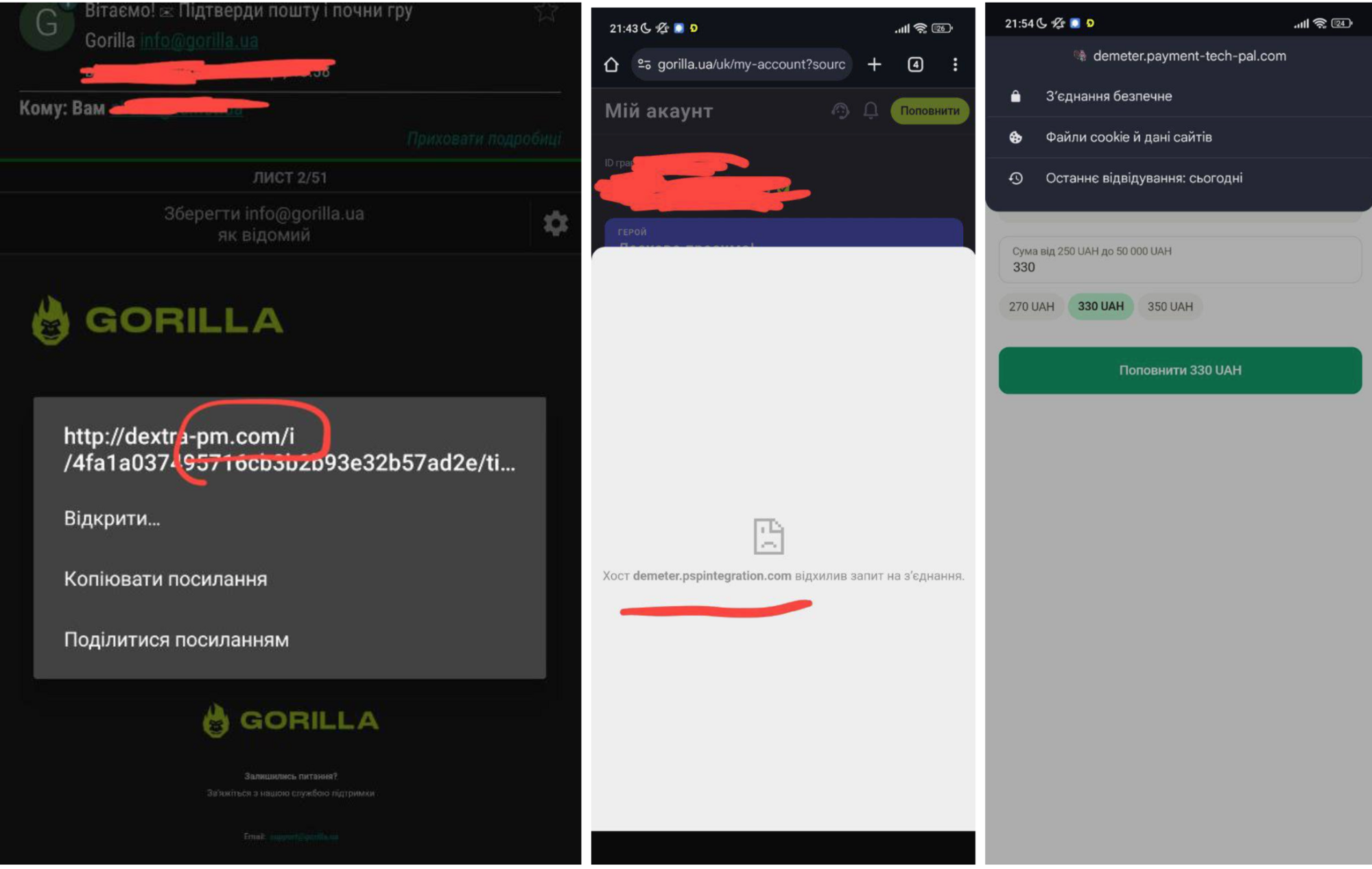
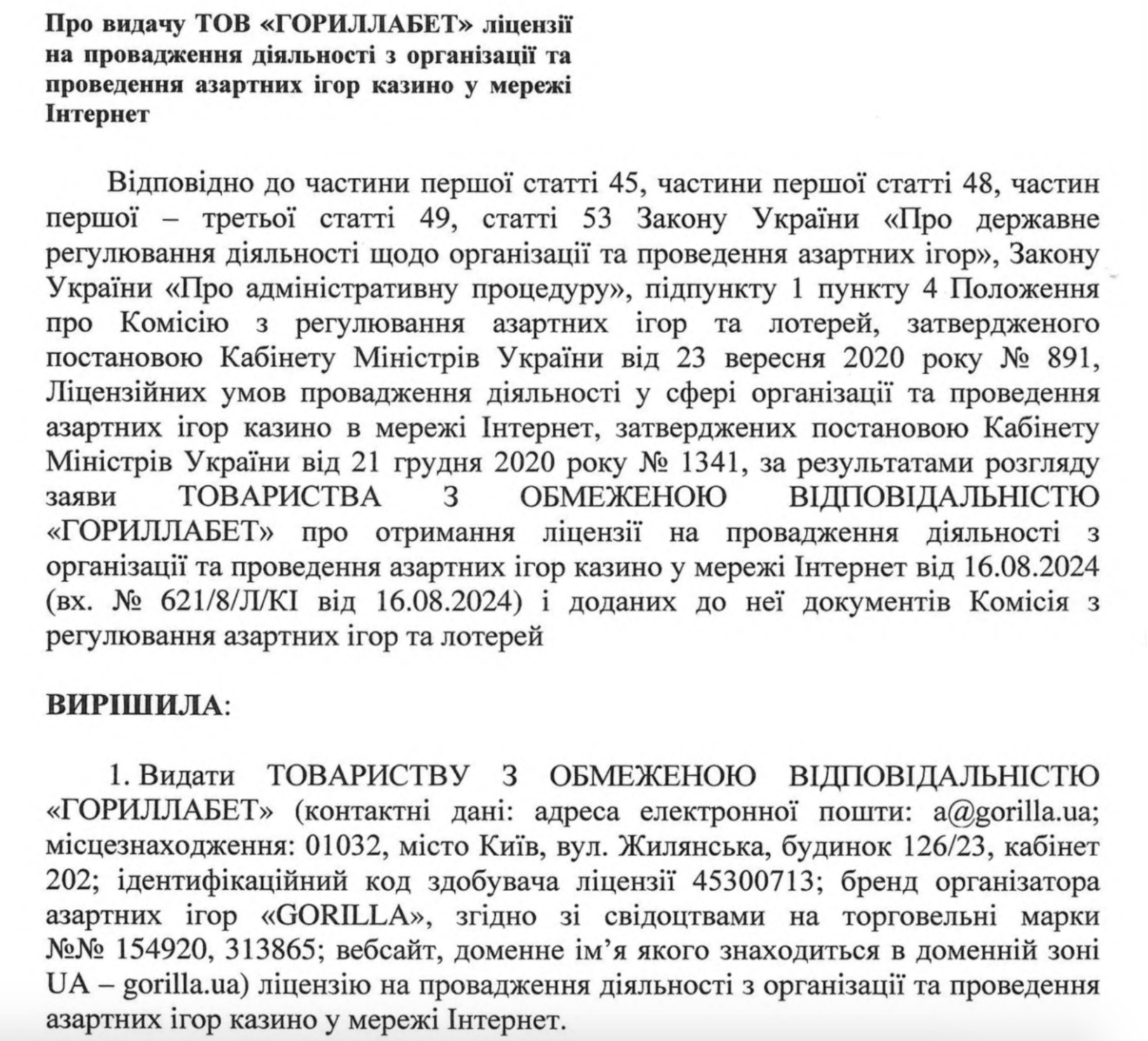
Structural changes and new owners
Ekaterina Belorusskaya, the formal owner of Parimatch for a long time, recently sold her stake in the company and resigned from the supervisory board. She announced this on the social network LinkedIn.

According to the SBC News website, which writes about gambling, her place was taken by Sergei Portnov, who was previously the company's marketing director. This move caused considerable surprise in the industry, because Portnov, a former marketer, suddenly became the new owner and chairman of the supervisory board of Parimatch. But there is information that Shvindlerman paid for Portnov’s education in England, in particular, his specialization in gambling at the University of Salford in 2005. This became possible thanks to the long-standing friendship between Shvindlerman and Father Portnov, a professional card player.
During the war, Portnov openly opposed the cessation of the company's activities in Russia and Belarus, which raises questions about his role in the new structure and his possible connections with Russia.
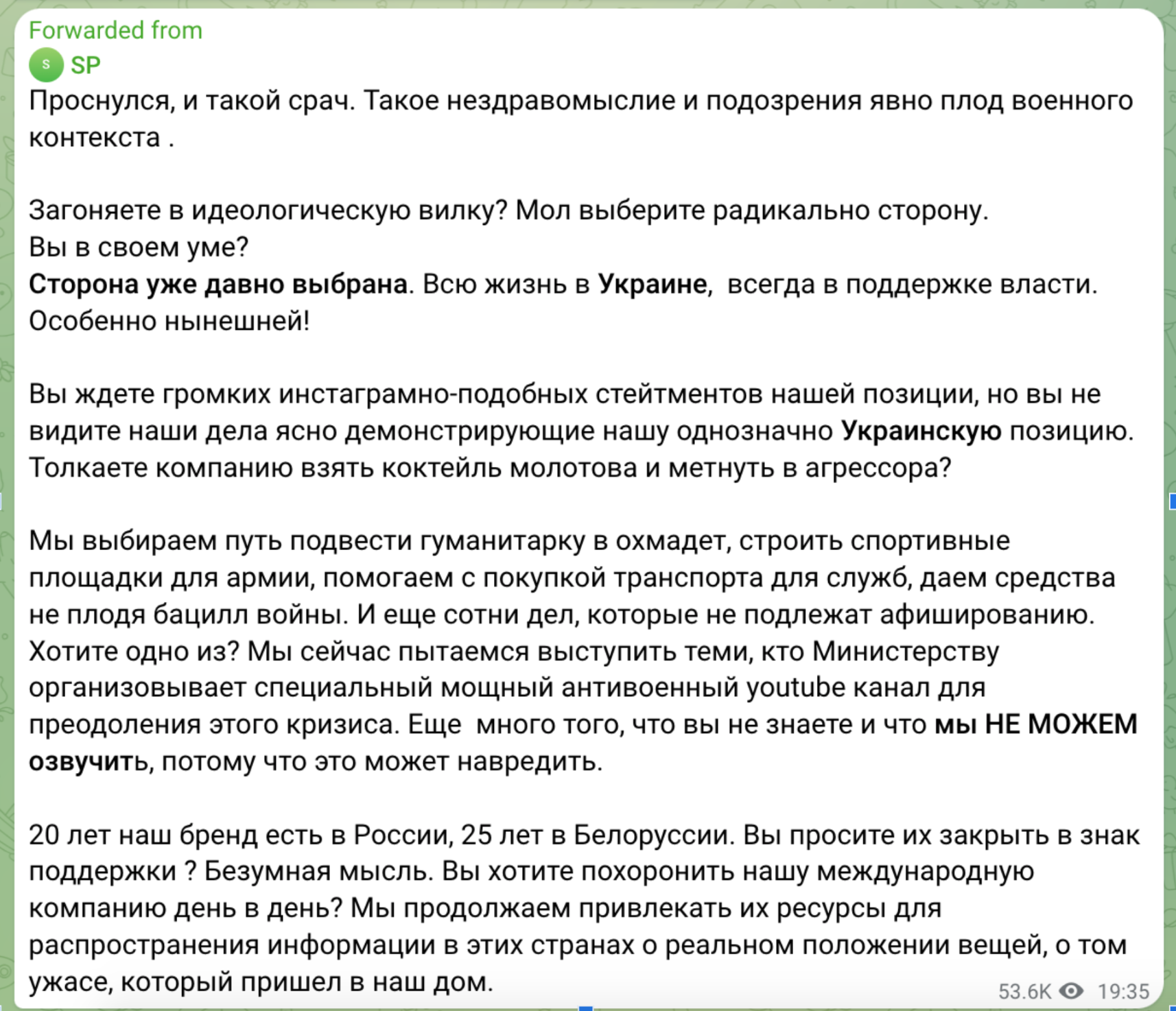
Portnov and his partners are planning the return of Parimatch to the Ukrainian market, despite the sanctions. They continue to work in the interests of Russia, since they are involved in schemes for withdrawing funds through Russian financial structures. Roman Sirotyan, Portnov’s partner, is also suspected of organizing illegal schemes for withdrawing funds through Ibox Bank. Moreover, Sirotyan collaborates with the head of Gazprom Miller in London financial projects, which indicates their business interests are closely related to the Russian Federation.
Offshore companies and withdrawal schemes
Investigations conducted by the Security Service of Ukraine (SBU) discovered that through offshore companies, in particular, Ericius Investments Limited and Parimatch United Investments Limited, Parimatch continues to operate in the territories of Russia, Kazakhstan, Belarus and Cyprus. Behind these companies are Russian citizens, including Ekaterina Belorusskaya, the daughter of Eduard Shvindlerman, the de facto founder of Parimatch. Shvindlerman also actively worked on the territory of the so-called “DPR” and “LPR,” which adds even more suspicion to his actions.
Moreover, Parimatch continues to operate through sites operating without licenses, in particular “POKERMATCH.UA”. Ekaterina Belorusskaya and Sergey Portnov, through WELPAY MEDIA HOLDING LIMITED, own a stake in POKERMATCH.UA LLC, using schemes for withdrawing funds through non-resident accounts. A significant portion of these funds goes to finance the war against Ukraine. Despite this, neither Belorusskaya nor Portnov were subject to sanctions.
Regrouping of shareholders and connections with the Russian Federation
One of the founders of Parimatch, Eduard Shvindlerman, remains a key figure in the company. It recently became known that Shvindlerman plans to transfer 35% of his shares to Alexander Melnichuk, Vladislav Klischar and Alexander Belyaev. This agreement provides for the free transfer of shares rather than their sale. Melnichuk and Klischar promised Shvindlerman to help resolve the issue of lifting sanctions from Parimatch and return the company to the Ukrainian market.

Alexander Melnichuk is a co-founder of the Czech real estate company ILS Investment Group sro. His partner Vladislav Klischar has a more controversial past, working from 2007 to 2012 as an assistant to a people's deputy from the Party of Regions. In addition, Klischar was involved in a scheme to steal funds from the Ukrainian Ministry of Defense through the Slovak company SEVOTECH, which participated in a contract for the supply of artillery mines worth 1.5 billion hryvnia.
In addition to Ukrainian connections, Klischar has personal contacts with Russia because of his wife Natalia Minskaya, who is a citizen of the Russian Federation and owns real estate in Moscow. According to the Russian registry, she is the owner of several properties in the Moscow region and has been involved in the real estate business since 2003. This raises additional suspicions about connections between Parimatch and Russian structures.
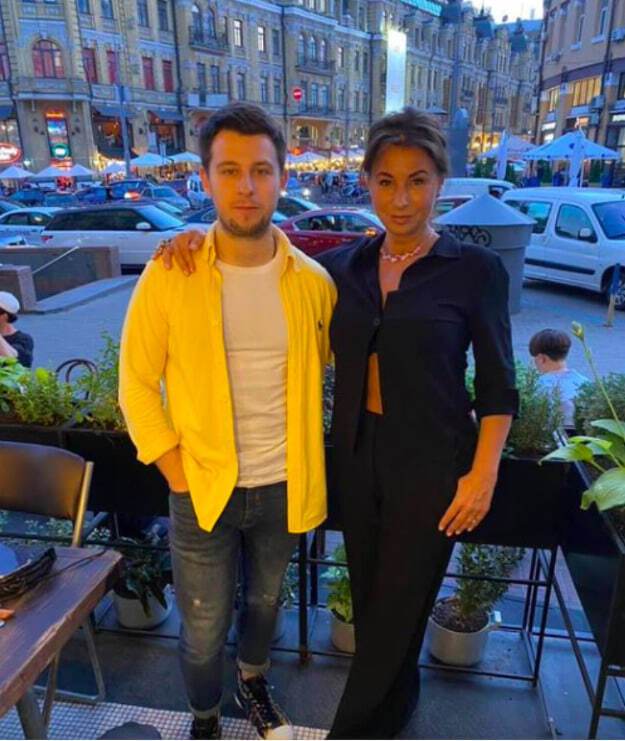
Political intrigues and probable schemes
Against the backdrop of these events, there are suggestions that lottery companies may try to use Parimatch's resources to enter the gambling market in Ukraine. For example, bill No. 10101, proposed by Danil Getmantsev, provides for a significant reduction in license fees for lottery operators by 10 times (UAH 19.8 million per year instead of UAH 120 million), which could allow them to gain access to the Parimatch software and database.
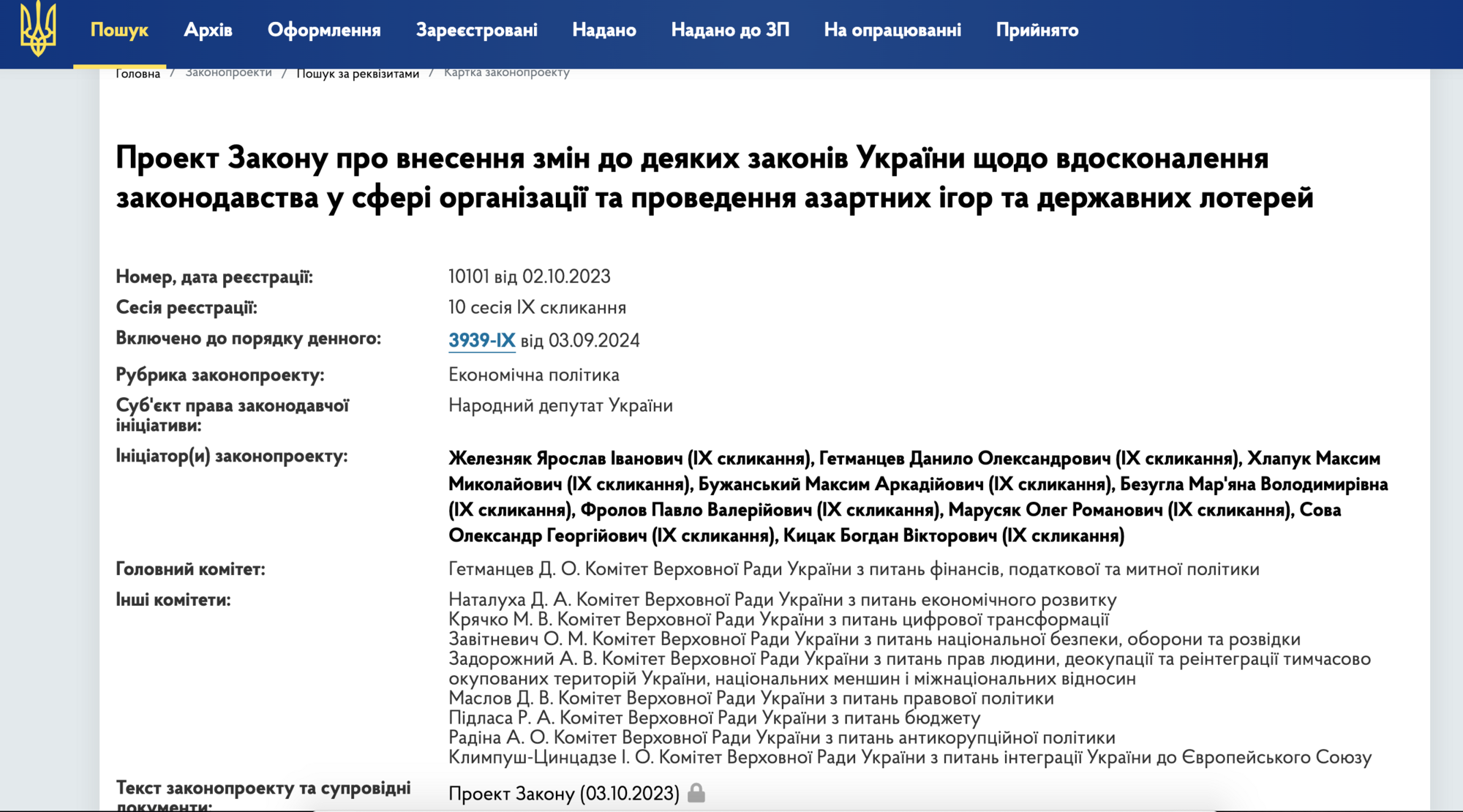
conclusions
The situation with Parimatch demonstrates how difficult it is to fight shady schemes in the gambling business, where key company figures continue to avoid sanctions and find new ways to return to the market. Despite the restrictions imposed, Parimatch continues to operate through illegal sites and offshore companies, and its leaders remain unnoticed by Ukrainian sanctions authorities.
The editors sent a request to the SBU regarding the question of why Ekaterina Belorusskaya and Sergei Portnov, while financing the war against Ukraine, are not under sanctions. And also a request to CRAIL - why sites associated with Parimatch sites continue to operate unhindered. We also tried to contact Ekaterina Belorusskaya, but there is no answer yet.
This situation highlights the importance of strengthening control over the gambling business and the need to conduct deeper investigations into the activities of companies such as Parimatch, which may continue to cooperate with Russian structures and finance aggression against Ukraine.
Earlier, the editors of StopCor wrote that many players in the gambling market are accused of having ties to Russia. Earlier, StopCor journalists discovered disguised “Russian traces” in the activities of the VBet company and its interests. And VBET Ukraine LLC appears on the website of the Commission for Regulation of Gambling and Lotteries in the list of operators to which CRAIL has issued a license.
FavBet is also suspected of having ties to the Russian market, including for continuing to operate in Russia even after the outbreak of hostilities in Ukraine. The company is also involved in schemes to sell its franchise in the Russian Federation, which allows it to continue making money from the gambling business in the aggressor country.




